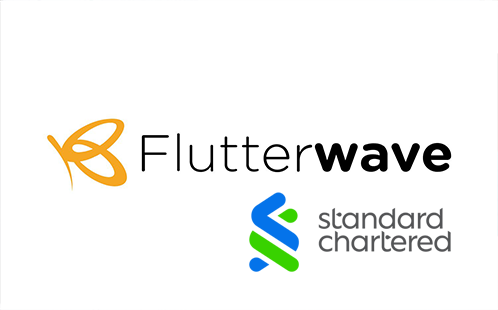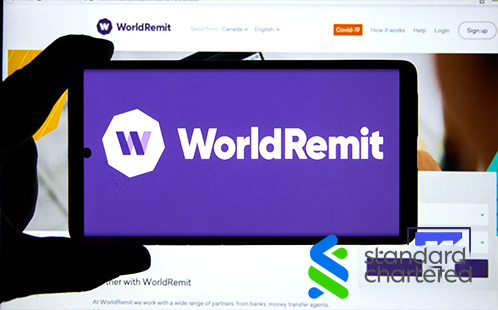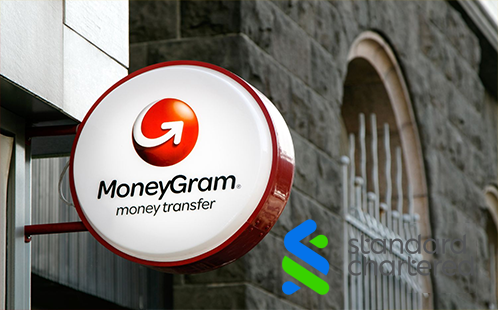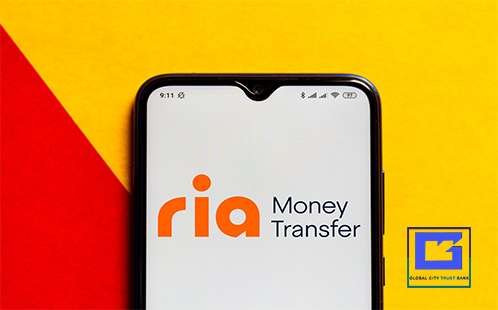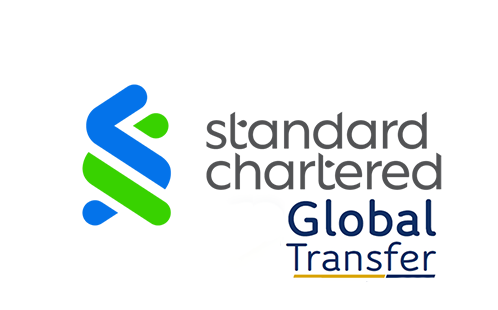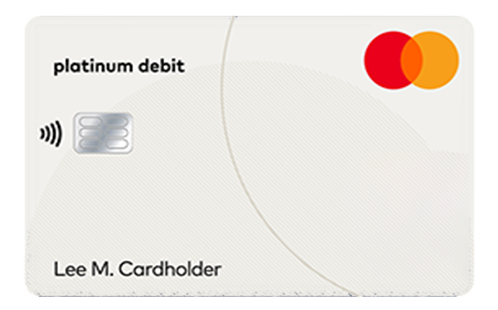Credit Cards vs. Debit Cards: An Overview
Credit cards and debit cards typically look almost identical, with 16-digit card numbers, expiration dates, magnetic strips, and EMV chips. Both can make it easy and convenient to make purchases in stores or online, with one key difference. Debit cards allow you to spend money by drawing on funds you have deposited at the bank. Credit cards allow you to borrow money from the card issuer up to a certain limit to purchase items or withdraw cash.
You probably have at least one credit card and one debit card in your wallet. The convenience and protection that they offer are hard to beat, but they have important differences that could substantially affect your pocketbook. Hereís how to decide which one to use to meet your spending needs.
KEY TAKEAWAYS
Credit cards give you access to a line of credit issued by a bank, while debit cards deduct money directly from your bank account.
Credit cards offer better consumer protections against fraud compared with debit cards linked to a bank account.
Newer debit cards offer more credit card-like protection, while many credit cards no longer charge annual fees.
When comparing credit cards with debit cards linked to a bank account, itís important to consider the fees and benefits.
Credit Cards vs. Debit Cards
What Is a Credit Card?
A credit card is a card issued by a financial institution, typically a bank, and it enables the cardholder to borrow funds from that institution. Cardholders agree to pay the money back with interest, according to the institutionís terms. Credit cards are issued in the following variety of categories:
- Standard cards simply extend a line of credit to their users for making purchases, balance transfers, and/or cash advances, and they often have no annual fee.
- Premium cards offer perks such as concierge services, airport lounge access, special event access, and more, but they usually have higher annual fees.
- Rewards cards offer cash back, travel points, or other benefits to customers based on how they spend.
- Balance transfer cards have low introductory interest rates and fees on balance transfers from another credit card.
- Secured credit cards require an initial cash deposit that is held by the issuer as collateral.
- Charge cards have no preset spending limit but often donít allow unpaid balances to carry over from month to month.
- Credit card users can reap cash, discounts, travel points, and many other perks unavailable to debit cardholders by using rewards cards. Rewards can be applied on a flat-rate basis or at tiered rates. For example, you might have a card that offers unlimited two miles per dollar on purchases and another that offers three miles per dollar for travel spending, two miles per dollar for dining, and one mile per dollar for everything else. You could then use miles earned to book future travel arrangements.
When choosing rewards cards, pay attention to whether rewards can expire and what options you have for redeeming them.
Pros of Using Credit Cards
Credit cards can offer certain advantages over debit cards, though they can also have some downsides. Hereís a closer look at the pros and cons of spending with credit cards.
Build Credit History
Credit card use is reflected on your credit report. That includes positive history, such as on-time payments and low credit utilization ratios, as well as negative items such as late payments or delinquencies. Your credit report information is then used to calculate your credit scores.
Responsible spenders can rai se their scores with a history of expenditures and timely payments, and by keeping their card balances low relative to their card limits.
1
Many credit card companies offer free credit score monitoring and tracking as a card perk, so you can keep an eye on your progress when building credit.
Warranty and Purchase Protections
Some credit cards also may provide additional warranties or insurance on purchased items that go beyond those that the retailer or brand is offering. For example, if an item bought with a credit card becomes defective after the manufacturerís warranty has expired, it is worth checking with the credit card company to see if it will provide coverage. Or you may have purchase and price protection built-in to help you either replace items that are stolen or lost, or refund price differences when the item that you purchased is sold elsewhere for less.
Fraud Protection
As long as the customer reports the loss or theft in a timely manner, their maximum liability for purchases made after the card disappeared is $50. The Electronic Fund Transfer Act gives debit card customers the same protection from loss or theftóbut only if the customer reports it within 48 hours of discovery. After 48 hours, the card userís liability rises to $500; after 60 days, there is no limit.
In most cases, credit cards offer much greater fraud protection than debit cards.
Other Credit Card Advantages
The Fair Credit Billing Act allows credit card users to dispute unauthorized purchases or purchases of goods that are damaged or lost during shipping.
If the item was bought with a debit card, then the charge cannot be reversed unless the merchant is willing to do so. Whatís more, debit card theft victims do not get their refund until an investigation has been completed.
The credit cardholder, on the other hand, is not responsible for the disputed charges; the amount is usually deducted immediately and restored only if the dispute is withdrawn or settled in the merchantís favor. Though some credit and debit card providers offer zero liability protection to their customers, the law is much more forgiving for credit cardholders.
If you need to rent a car, many credit cards provide some sort of waiver for collisions.
6
Even if you want to use a debit card, many car rental agencies require customers to provide credit card information as a backup. The only way out for a customer may be allowing the rental agency to put a hold of perhaps a few hundred dollars on a bank account debit card as a form of surety deposit.
Cons of Using Credit Cards
The main drawbacks of using credit cards involve debt, credit score impacts, and cost.
Spending Can Lead to Debt
When you make purchases with a credit card, youíre spending the bankís money, not your own. This money has to be repaid, with interest. At the very least, youíre required to make the minimum payment due each month. Racking up high balances on multiple cards could make it difficult to keep up with monthly payments and strain your budget.
Credit Score Impacts
Paying your bill on time and keeping balances on credit cards low can help your FICO scores. However, misusing credit cards could hurt your credit history if you get into the habit of paying late, max out one or more of your cards, close down older accounts, or apply for new credit too often.
Set up credit card alerts to notify you of payment due dates and card balances, so you can pay on time and avoid maxing out your credit limit.
Interest and Fees
Because a credit card is essentially a short-term loan, youíll have to pay back what you spend with interest. The interest rate and the fees that the credit company charges are used to calculate your annual percentage rate (APR). The higher the cardís APR, the more it will cost you to carry a balance from month to month.
You should be aware of whether your card charges an annual fee, a foreign transaction fee, a balance transfer fee, a cash advance fee, a late payment fee, or a returned-payment fee. As a general rule of thumb, the better a credit cardís rewards program is and the more benefits it offers, the higher the annual fee will be.
What Is a Debit Card?
A debit card is a payment card that makes payments by deducting money directly from a consumerís checking account, rather than on-loan from a bank or card issuer. Debit cards offer the convenience of credit cards and many of the same consumer protections when issued by major payment processors such as Visa or Mastercard.
There are two types of debit cards that do not require the customer to have a checking or savings account, as well as one standard type.
Standard debit cards draw on your bank account.
Electronic benefits transfer (EBT) cards are issued by state and federal agencies to allow qualifying users to use their benefits to make purchases.
Prepaid debit cards give people without access to a bank account a way to make electronic purchases up to the amount that was preloaded onto the card.
Frugal consumers may prefer to use debit cards because there are usually few or no associated fees unless users spend more than they have in their account and incur an overdraft fee. (The no-fee advantage does not hold for prepaid debit cards, which frequently charge activation and usage fees, among other costs.) By contrast, credit cards generally charge annual fees, over-limit fees, late payment fees, and a plethora of other penalties, in addition to monthly interest on the cardís outstanding balance.
Pros of Using Debit Cards
Debit cards can have upsides and downsides, just like credit cards.
Avoid Debt
A debit card draws on money that the user already has, eliminating the danger of racking up debt. Retailers know people usually spend more when using plastic than if they were paying cash.
By using debit cards, impulsive spenders can avoid the temptation of credit and stick to their budget. This can help keep you out of high-interest debt.
Fraud Protections
In the past, credit cards offered far greater fraud protection than debit cards. Some debit cardsóparticularly those issued by payment processors, such as Visa or Mastercardóare starting to offer more of the protections enjoyed by credit card users.
The key is reporting fraud or theft as soon as you realize it has occurred. Your liability for fraudulent purchases is determined by the time frame in which itís reported. Waiting too long to let the bank know that your card has been used for unauthorized purchases could result in you being held responsible for some or all losses.
Since a debit card is linked directly to a bank account, fraudulent purchases can quickly drain an account dry or lead to an overdraft. This cannot occur with credit cards since those are paid back at a later date.
No Annual Fee
Though many credit cards charge an annual fee, debit cards donít. Thereís also no fee for withdrawing cash using your debit card at your bankís ATM. Credit cards, on the other hand, can charge a cash advance fee plus a steep interest rate for that convenience. However, you may pay other fees to maintain your checking account.
Cash advances from a credit card donít have a grace period; instead, interest begins accruing right away.
Cons of Using Debit Cards
Similar to credit cards, the biggest downsides of using debit cards involve credit score impacts and cost.
No Rewards
Unless you have a rewards checking account, you wonít earn any points, miles, or cash back on purchases made with your debit card. Because rewards can save you money, depending on how you redeem them, you could be missing out if you only spend with a debit card.
Wonít Build Credit
Building good credit means demonstrating to lenders that you can responsibly repay the money that you borrow. When youíre spending with a debit card linked to your bank account, you donít have the opportunity to do that, so using a debit card alone wonít help you establish or build a credit history.
Fees
Though debit cards donít have annual fees, you may pay other fees to have a checking account. Those can include monthly maintenance fees, overdraft fees if you overspend from your account, returned-item fees, and foreign ATM fees if you use your debit card at another bank or financial institutionís machine.
Are Debit Cards the Same as Credit Cards?
While they may look the same and feature similar features like 16-digit card numbers, expiration dates, and branded Visa or MasterCard logos, credit cards and debit cards differ in important ways. The key difference is that debit cards are linked to a bank account and draw directly from those moneys (similar to a check). A credit card, on the other hand, does not draw any money immediately and must be paid back in the future, subject to any interest charges accrued.
Can You Earn Rewards With a Debit Card?
Typically, no. While debit cards donít earn points or miles for each purchase, the accounts from which they draw funds may offer users perks in exchange for a certain number of transactions. Standard debit cards also often offer a round-up feature that allows users to transfer small amounts of money to a savings account, a feature thatís impossible with credit cards.
Do All Credit Cards Charge Interest?
While you may see 0% interest promotions, all credit cards eventually charge interest on balances that carry over from month to month. This interest rate is based on the annual percentage rate (APR). To avoid paying interest in the long term, pay your balance in full every month.
Can Anyone Get a Credit Card?
Most people can apply for and receive a credit card, but if they have a history of bad credit or no credit, the credit cards for which they are eligible may not be as useful. Those without credit or with very bad credit may apply for a secured credit card, where the credit line is secured by a deposit when opening the card. For more attractive rewards cards, higher credit scores are needed.
Is a Credit Card Safer Than a Debit Card?
Credit cards usually offer greater consumer protections on purchases related to fraud than debit cards. These fraud protections may not extend as generously or easily to debit card purchases.
The Bottom Line
Credit and debit cards may look alike, but their benefits and drawbacks are very different. If building credit and cashing in rewards is important to you, then credit cards are essential tools for your financial journey. If you prefer to keep a tighter rein on your finances, then a debit card is a better bet. No matter which you choose, make sure that you know the fees associated with each account.


